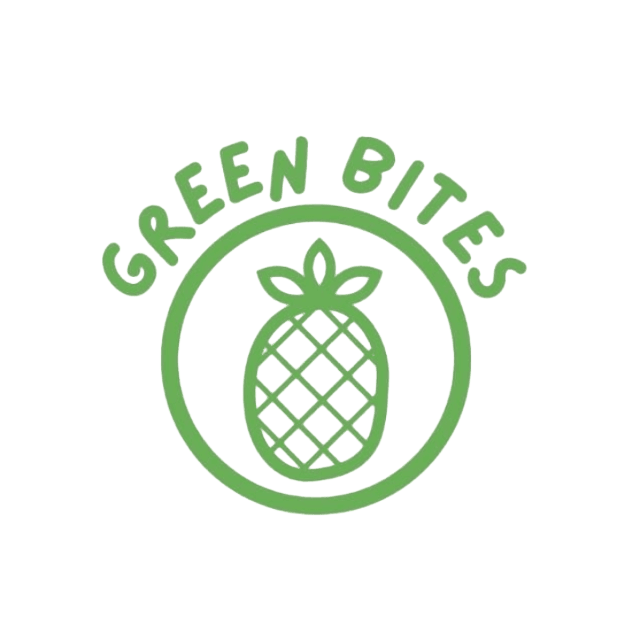Preparing for the Best and Expecting It

27 May 2024
Did you know that there is an entire industry based on “preppers”? These are people who might spend anywhere from $264 for a gas mask to $250,000 for an underground bunker decked out to survive the apocalypse. They're preparing for the worst: climate catastrophe, industrial accident, food scarcity, civil war or some other life-altering crisis. Preppers come from all points on the political spectrum; after all, everyone wants to feel safe. With so much turmoil in the world, I wouldn't blame anyone from wanting to seize back some level of control.
But those “solutions” seem awfully pessimistic. Meal preppers, on the other hand, know the power of their planning to improve their life in the here-and-now, and their health now and in the future. As they say, those who fail to plan, plan to fail (FAIL = First Attempt In Learning). If you're trying to stay healthy within a budget, planning becomes even more important.
In the US, people who plan food shopping accurately to prevent food waste save an average of $1,000 per year. Meal planning that includes an abundance of whole plant foods (in a way that convenience foods currently do not) can reduce risk of heart disease, diabetes and cancer. And don't forget reduced stress from not having to repeatedly consider the age-old question, “what are we going to eat tonight?"
In contrast to [survivalist] preppers, meal planners are actually preparing for the best…a long and healthy life! There are many ways to incorporate food prepper strategies - you just choose the one that suits your life or mix and match, as circumstances dictate, but here are some ideas:
- Shop your pantry, fridge and freezer before going shopping to use what you have in meals for the week
- Utilize a meal planning program (so many great ones now), the Notes app on your phone or a piece of paper to write down your plan for the week
- Once a week, roast veggies, cut fruit, cook beans and whole grains, prepare sauces/dressings to make a variety of different meals (I love bowls!)
- Cook once, eat twice…or make a big batch of something and portion it out into meal-sized freezer containers
- Stock your pantry and freezer with the basics for a few healthy meals, e.g. beans, whole grains, frozen veg
As an added bonus, those who plan[t] ahead have improved mental health, so they are more resilient in the face of daily crises. Given the choice, I think a healthy diet seems way more fun, affordable and effective than an underground bunker!
Contact Green Bites
Let's Talk
I'll get back to you soon to discuss your needs.
